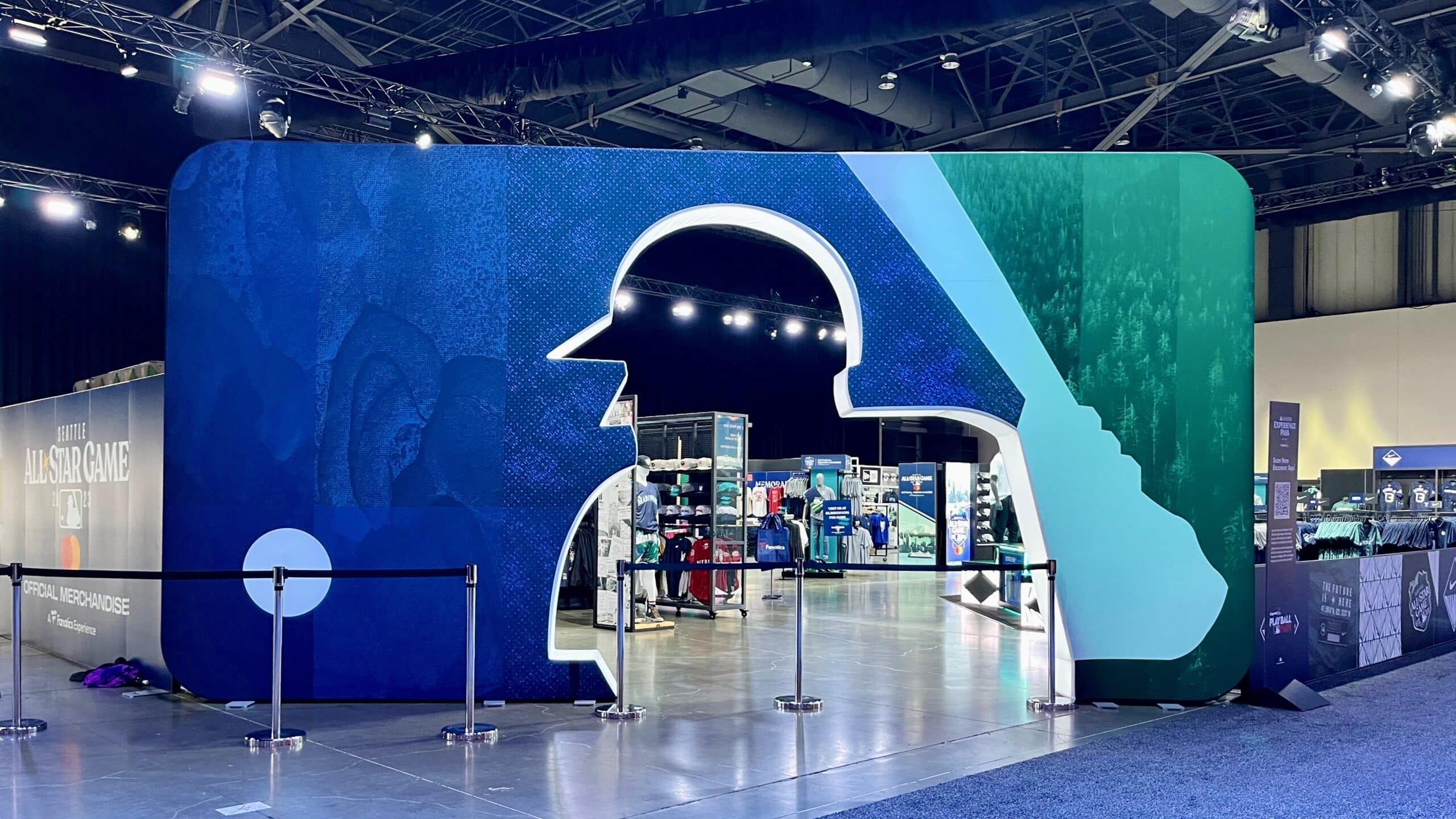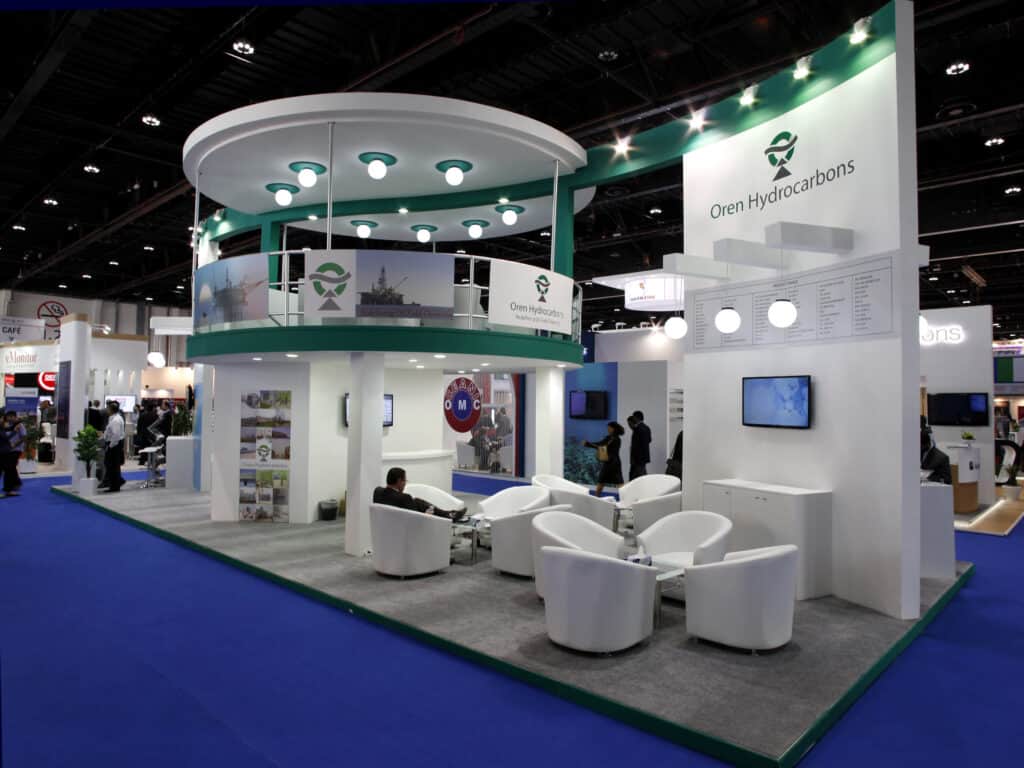Microsoft Corp. (MSFT), one of the world’s largest technology companies, was founded in 1975 by Bill Gates and Paul Allen in a garage in Albuquerque, New Mexico. Five years later, Gates and Allen were hired to provide the operating system for IBM’s first personal computer, followed in 1985 by Microsoft’s launch of its now ubiquitous Windows software product. In 1986, the company raised $61 million in an initial public offering (IPO) that some analysts referred to as “the deal of the year.” By the late 1980s, Microsoft became the world’s largest personal-computer software company. The Redmond, Washington-based company’s stock rose more than a hundred-fold in the ten years after the IPO, and today it’s one of the world’s largest companies by market value. Microsoft’s market capitalization is about $1.6 trillion, slightly behind Apple Inc. (AAPL). The company posted net income of $39.2 billion and revenue of $125.8 billion for its 2019 fiscal year (FY), which ended June 30, 2019.
While Microsoft began as a software company, it has expanded its reach into broad areas of the tech industry. Along with software, the company now sells personal computing devices, cloud-computing infrastructure and services, artificial intelligence, and more. Much of Microsoft’s expansion has come through a string of small and large acquisitions totaling tens of billions of dollars in value.
Not all of those acquisitions have worked out, however. As part of its attempt to develop a Windows Phone to compete with Apple’s iPhones and Google’s Android smartphone operating system, Microsoft acquired Nokia for $7.2 billion in 2014. But the deal was a major failure. In the summer of 2015, Microsoft had to write off $7.6 billion related to the acquisition and sold the brand in 2016 for $350 million to HMD Global, a subsidiary of Taiwanese firm Foxconn Technology Co. Ltd. The Windows Phone has been discontinued.
Microsoft’s expansion, both internally and via acquisition, has also brought it under the scrutiny of regulators. In 2000, the company was ordered to break up into two parts after losing a U.S. antitrust lawsuit. While the ruling was overturned, Microsoft was ordered in 2002 to comply with key rules to ensure a more level tech playing field. The criticism of Microsoft and other mega tech companies over their size and market dominance continues to this day. Amid critics’ calls for the breakup of big tech companies such as Amazon.com Inc. (AMZN), in early 2020 the Federal Trade Commission (FTC) ordered Microsoft, Apple, Amazon, Alphabet Inc. (GOOGL), and Facebook Inc. (FB), to provide information on every acquisition they’ve done between Jan. 1, 2010 and Dec. 31, 2019.
Below, we look in detail at five of Microsoft’s key acquisitions, which largely illustrate the company’s strategy of moving into new areas such as social networking, video games, telecommunications, and online advertising. The list also includes a software deal, adding to their legacy business. Four of these deals took place since 2010, the focus of the FTC inquiry, while one took place in 2007. In most cases, Microsoft does not break out the revenue or profit for these companies.
LinkedIn Corp.
- Type of Business: Professional Social Network Site
- Acquisition Price: $27.0 billion
- Acquisition Date: December 8, 2016 (completed)
- Annual Revenue (FY 2019): $6.8 billion
LinkedIn, the business-focused social media website focused on helping people cultivate their professional networks, was founded in 2002. It became profitable within five years. Between 2007 and 2011, the year it went public, the company grew from 15 million members to more than 100 million. In 2016, LinkedIn was acquired by Microsoft, and the following year reported more than 500 million members in about 200 countries. Microsoft has taken a fairly hands-off approach with the acquisition, allowing LinkedIn to retain its core brand and culture, and even its CEO Jeff Weiner. LinkedIn mainly provides Microsoft with a valuable social media platform that earns revenue through premium memberships. But it also generates commercial cloud revenue to Microsoft through LinkedIn’s commercial business.
Skype Technologies S.A.R.L.
- Type of Business: Telecommunications Application
- Acquisition Price: $8.5 billion
- Acquisition Date: May 10, 2011 (announced)
Skype Technologies, which is currently headquartered in Luxembourg, was founded in 2003 by Niklas Zennström of Sweden and Janus Friis of Denmark. Skype became an early success story in the area of voice-over-Internet protocol (VoIP), a communications technology that allows users to interact by audio through an Internet connection, rather than through an analog one. Between 2005 and 2010, the company’s registered users soared from 50 million to more than 600 million. Since Microsoft acquired Skype in 2011, the parent has integrated its capabilities with technologies like Xbox and Windows devices, and with online platforms like Outlook and Xbox Live.
GitHub
- Type of Business: Software Development Platform
- Acquisition Price: $7.5 billion
- Acquisition Date: October 25, 2018 (completed)
GitHub was founded in 2007 when Chris Wanstrath created the first “commit”, a term used to describe the action of storing a file’s hierarchy and content in a digital repository. GitHub has since become a popular open-source coding-repository and development tool for software developers and large companies. By the time Microsoft acquired it in 2018, GitHub had reached 30 million developers and was hosting more than 100 million repositories. The acquisition demonstrates Microsoft’s focus on open-source development as well as aims to accelerate developer use of the platform and provisioning of more tools and services to new audiences.
Mojang
- Type of Business: Video Game Studio
- Acquisition Price: $2.5 billion
- Acquisition Date: September 15, 2014 (announced)
Mojang, the Sweden-based video game studio best known for producing the popular game Minecraft, was founded in 2009 by Markus “Notch” Persson. As of May 2019, Minecraft had sold more than 176 million copies, making it one of the best-selling games of all time. The company was bought by Microsoft in 2014. Today, Mojang’s games are played on the Windows and Xbox platforms, iOS, Playstation, and more. Microsoft has put the game studio to multiple uses, including designing an educational version of Minecraft for classrooms.
aQuantive
- Type of Business: Online Advertising Platform
- Acquisition Price: $6.3 billion
- Acquisition Date: August 13, 2007 (completed)
Founded in 1997, aQuantive encompassed a family of brands focused on providing digital marketing services, including advertising tool sets, consultation services, media planning and buying, and more. Microsoft acquired the company in 2007 in an attempt to compete with Google in the market for online advertising. But like the Nokia deal mentioned above, the acquisition was a financial failure. In 2012, Microsoft wrote down the value of the ad business by $6.2 billion, indicating that it had drastically overpaid for aQuantive. Microsoft still operates an ad business, but it is focused on search advertising as opposed to aQuantive’s specialty in display advertising. And it’s 6.5% share of U.S. search-ad revenue is certainly no match for Google’s 73.1% share.
Microsoft Diversity & Inclusiveness Transparency
As part of our effort to improve the awareness of the importance of diversity in companies, we have highlighted the transparency of Microsoft’s commitment to diversity, inclusiveness, and social responsibility. The below chart illustrates how Microsoft reports the diversity of its management and workforce. This shows if Microsoft discloses data about the diversity of its board of directors, C-Suite, general management, and employees overall, across a variety of markers. We have indicated that transparency with a ✔.
| Microsoft Diversity & Inclusiveness Reporting | |||||
|---|---|---|---|---|---|
| Race | Gender | Ability | Veteran Status | Sexual Orientation | |
| Board of Directors | ✔ | ||||
| C-Suite | |||||
| General Management | ✔ (U.S. Only) | ✔ | |||
| Employees | ✔ (U.S. Only) | ✔ | |||






